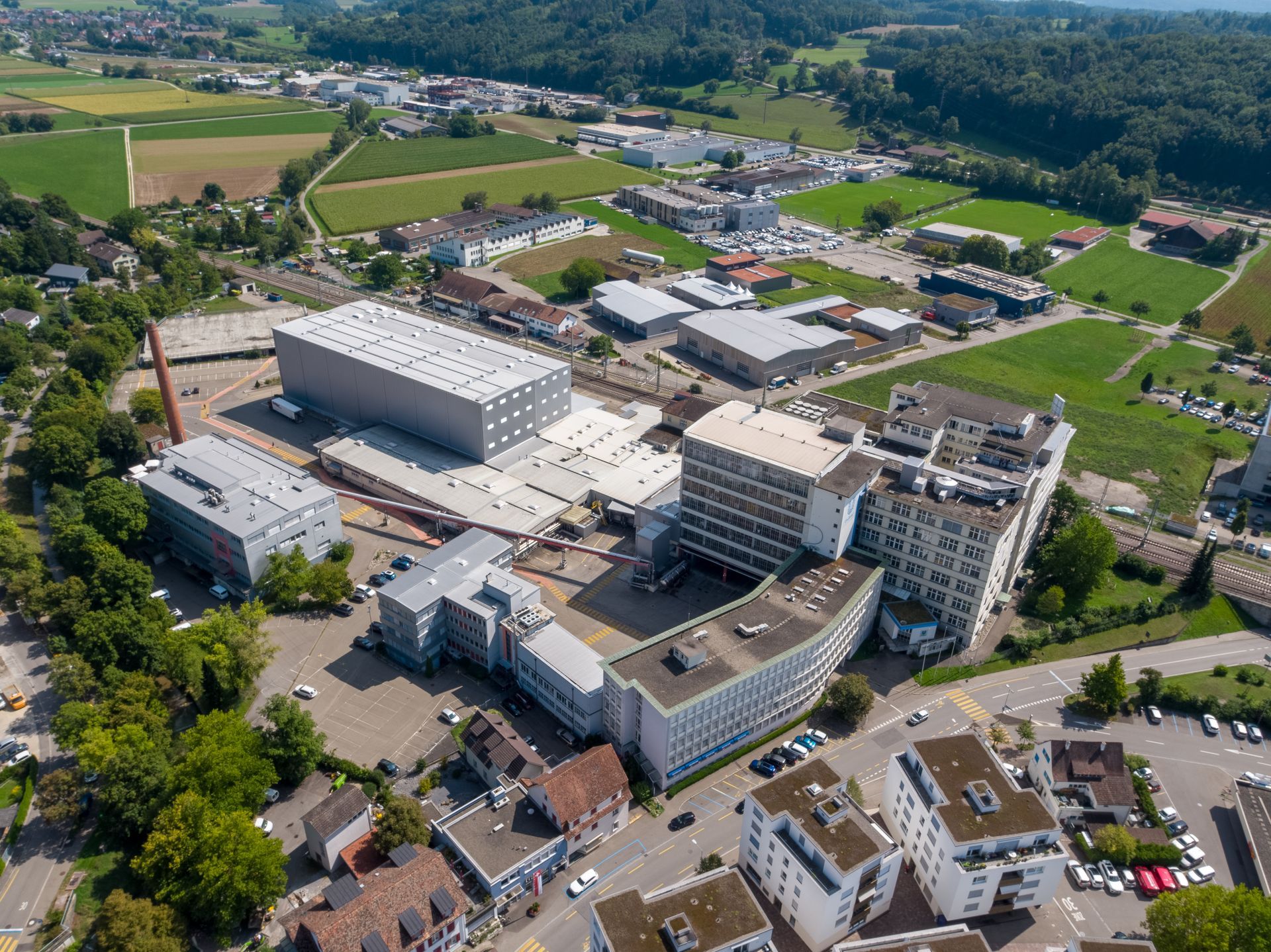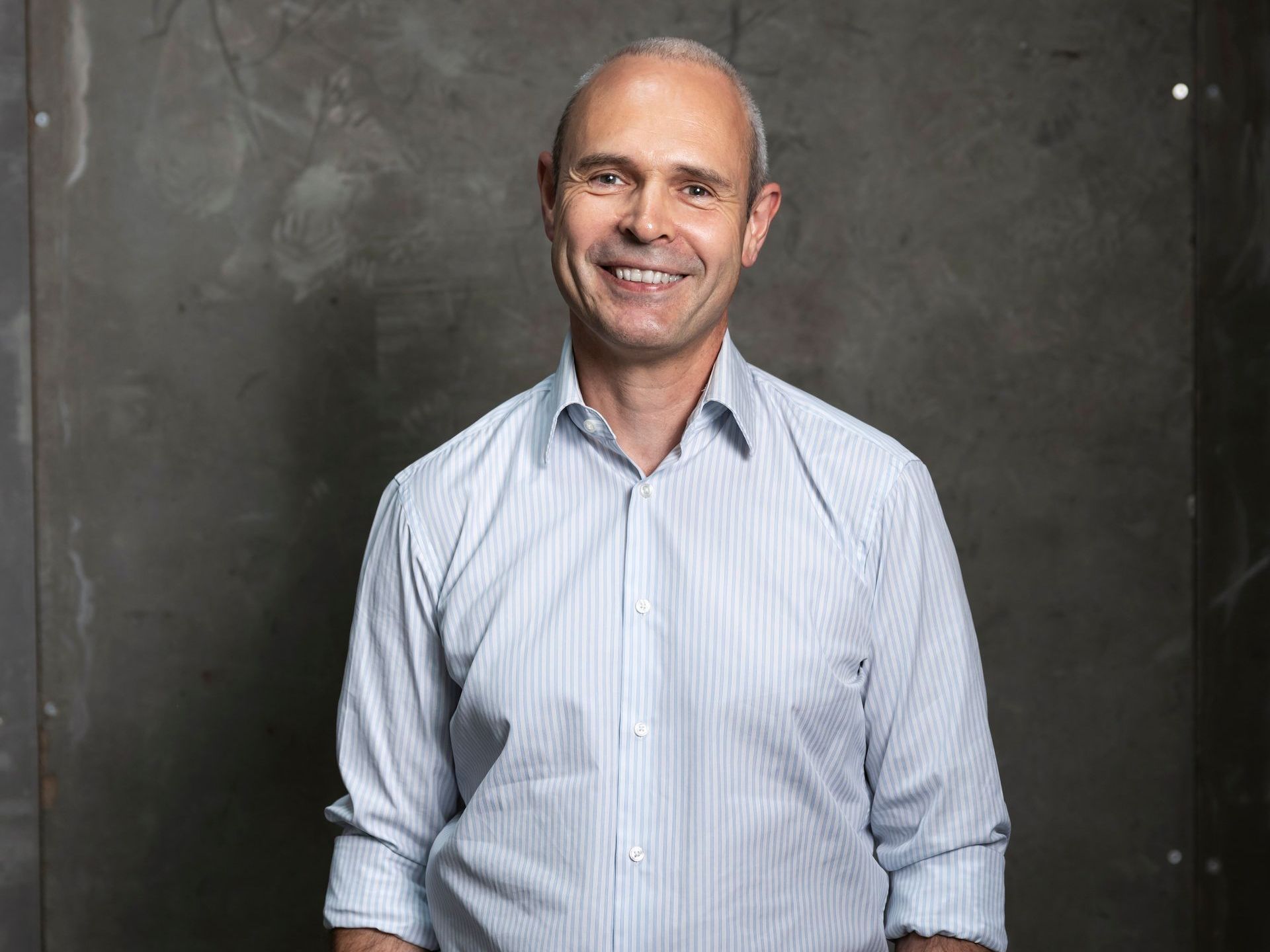The German tool manufacturer Wefa is expanding its production in Thayngen, Schaffhausen. The company is not alone in its interest in Schaffhausen. Increasingly, international firms are relocating their operations to Switzerland and specifically to Schaffhausen. And for good reasons: Schaffhausen offers attractive competitive advantages.
Wefa was founded in 1972 as a subsidiary of the Schaffhausen-based company Alusuisse. What began with nine employees has now expanded across the globe. The company is a world leader in the production of extrusion dies. By pressing hot aluminum, specially shaped aluminum parts are produced. These are used, among other things, for the production of heat exchangers, which are installed in air conditioning systems or in electric vehicles to cool the battery. With the rise of electromobility, demand for Wefa’s extrusion tools has increased among its customers. To meet this demand, production in Thayngen will be doubled.
Why Schaffhausen?
Over the past 25 years, Schaffhausen has developed into an internationally attractive business location, and Wefa is benefiting from this. In Schaffhausen, in particular, the paths between business and politics are short. Bureaucratic processes such as company formations or approval procedures are handled efficiently and smoothly. Attractive taxes, a wealth of talent and skilled workers, excellent transport links—including to the EU—and a business-friendly environment further enhance its appeal. German companies are leveraging these location advantages to establish substantial branches.
Switzerland increasingly attractive to German companies
Switzerland is perceived as a developed and innovative location. This competitive advantage is often associated with higher costs. However, due to higher inflation in Germany and the EU, costs in Switzerland have become closer to those in neighboring countries. Furthermore, unlike the EU, Switzerland has 41 bilateral free trade agreements, including one with China. As a result, Wefa’s customers also save on higher customs duties, allowing the company to remain competitive with its products.







